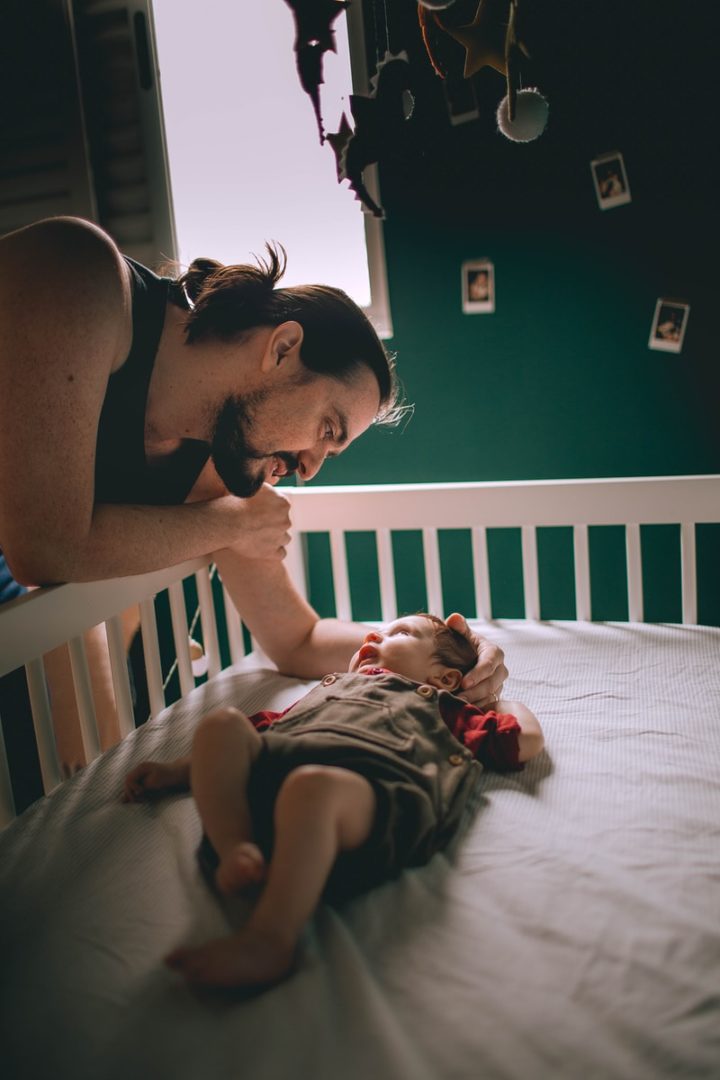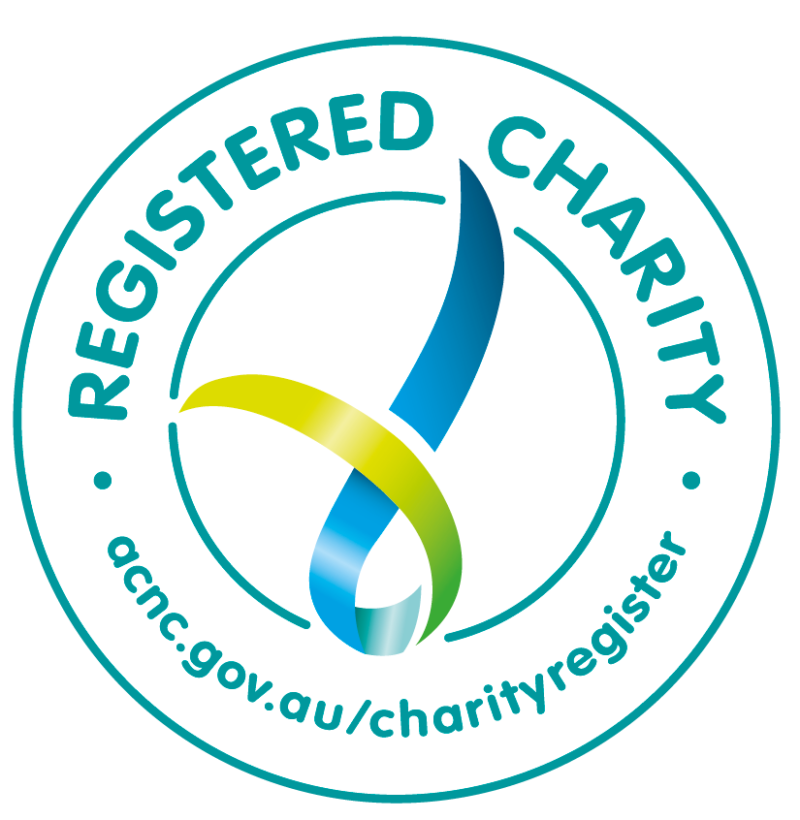
Help for incarcerated dads
Research resoundingly confirms that the incarceration of a parent has has devastating effects on children. Children of inmate parents are considered to be six times more likely to become involved in the adult criminal justice system when compared to other children.
Parenting programs in prison are gaining increasing popularity as a means for addressing this social problem, in the hope of driving behaviour change and reducing intergenerational offending.
The sobering statistics
- Male prisoners make up 92% of all people in custody.
- Fathers in prison are, overwhelmingly, fatherless themselves.
- Youths in father-absent households have significantly higher odds of incarceration.
- Fathers are often returning to their families without the skills they need to be involved, responsible, and committed fathers.
- Over half of released prisoners are likely to be re-arrested within two years of release (this is significantly reduced if connection with the family is maintained throughout incarceration).
- Having a parent who is incarcerated is recognised as an “adverse childhood experience” and is particularly difficult for children to overcome because of the associated trauma and stigma, and the shame it inflicts on children.
This is why we’re deeply committed to helping fathers stay connected to family and social networks while in prison.
Purpose of this program
This program is designed to improve the knowledge and skills of incarcerated fathers by creating and maintaining connections with their family members.
It uses an evidence-based prevention and intervention approach to increase fathers’ knowledge and skills and promote effective communication with their children and their mothers where relevant. It aims to equip fathers to create a successful family re-entry plan for post-incarceration.
Importantly, the program also aims to impact positively on children’s development outcomes with improved father engagement by:
- Helping fathers and father figures realise how important they are in a child’s life
- Giving fathers and father figures advice on how to engage with their children from the “inside”
- Helping fathers and father figures to understand their own emotions and learn better ways to communicate
- Utilising research-based evidence to encourage positive change in fathers
- Building the skills of fathers around decision-making frameworks and making better choices for their kids


The Program Outline
The program curriculum includes 12 core topics. These are delivered in 12 sessions, or may be condensed to eight if needed. It concludes with further time spent on developing a personal plan for re-entry into the family post the workshops.
Each session has a consistent structure with support material supplied to create predictability and ease of facilitation.
The program will be facilitated by a trained facilitator.
Donate now
As a not-for-profit organisation our work is made possible through the generous support of the community, from people just like you.



